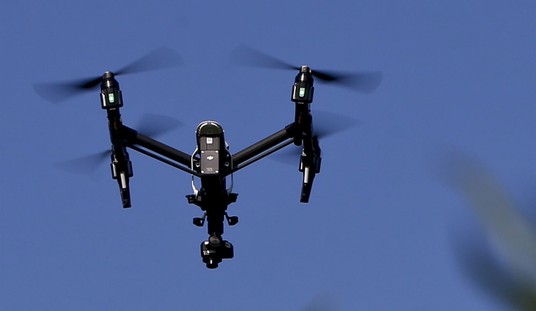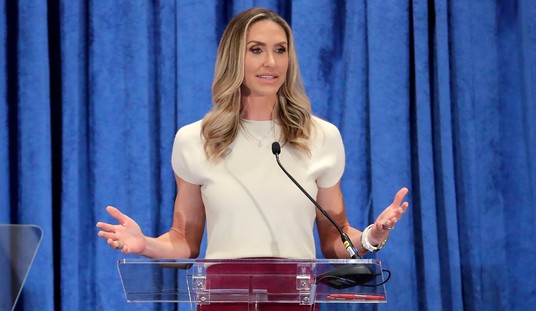The book. The book. The book!
So as it seems the mighty din over Michael Wolff’s book, “Fire and Fury: Inside the Trump White House” has finally began its ebb, we can talk about just how Wolff gained such access to the White House.
For starters, he wasn’t exactly upfront about the book title. He gave a title that kinda/sorta/might have sounded complimentary to the new president.
According to Bloomberg:
He called it “The Great Transition: The First 100 Days of the Trump Administration.” And in part due to that title, Wolff was able to exploit an inexperienced White House staff who mistakenly believed they could shape the book to the president’s liking.
Trump foiled again, because of his massive, pampered ego.
Nearly everyone who spoke with Wolff thought someone else in the White House had approved their participation. And it appears that not a single person in a position of authority to halt cooperation with the book — including Trump himself — raised any red flags, despite Wolff’s well documented history. His previous work included a critical book on Trump confidant Rupert Murdoch, the Twenty-First Century Fox Inc. co-chairman.
The bungling of combined inexperience and hubris.
Of course, the book was not complimentary, at all. It roiled the White House, resulted in a very public, very nasty split between Trump and his former strategist, Steve Bannon (even got Bannon booted from his position with Breitbart), and has commanded the news cycle for weeks.
From the beginning, Wolff got his first foot in the door, after Trump saw him on CNN, attacking the media for their coverage of Trump.
Hook.
Wolff told Trump during the call that he wanted to write a book on the president’s first 100 days in office. Many people want to write books about me, Trump replied — talk to my staff. Aides Kellyanne Conway and Hope Hicks listened to Wolff’s pitch in a West Wing meeting the next day, but were noncommittal.
Several aides said Hicks later informally endorsed talking with Wolff as long as they made “positive” comments for the book, which they said Wolff told them would counter the media’s unfair narrative.
Line.
It wasn’t until late August that alarm bells were raised in the White House — when Hicks, Jared Kushner and their allies realized that fellow aides who had spoken with Wolff, especially Bannon, may have provided damaging anecdotes about them.
Sinker.
White House press secretary Sarah Huckabee Sanders has insisted that the booted Steve Bannon was the one who allowed Wolff access to the White House, probably “95 percent of the time.”
Away from the press briefings, however, the word is that others were very much involved in getting Wolff inside.
Kellyanne Conway is said to have worked Wolff inside on multiple occasions.
Then there’s Hope Hicks.
Some of Trump’s senior-most staff believed that Hicks, one of Trump’s longest-serving aides who has acted as a gatekeeper for his interview requests, had authorized their cooperation with Wolff. They recalled that she encouraged them to engage with the author as long as they made positive comments. Hicks hadn’t greenlit the book, people familiar with her handling of the matter said — but nor did she immediately put up a stop sign.
I’m going to gamble a guess and say Wolff continued to let them believe this was going to be a positive book.
Insiders say Wolff scheduled 17 appointments, and nobody, including then-Chief of Staff Reince Priebus put a stop to it.
In fact, Wolff played up his relationship with Trump, saying they’d known each other a long time.
In addition to Bannon and Conway, the author also spoke with son-in-law and senior adviser Kushner, Budget Director Mick Mulvaney, then-Deputy Chief of Staff Katie Walsh, Priebus, Spicer and others. All declined to comment for this story.
Kushner met with Wolff late in the author’s reporting, only in order to push back on anticipated attacks on him, two White House officials said. Spicer sat down with Wolff at the author’s request because Wolff wanted his help to arrange an interview with the president. Mulvaney talked with Wolff on two occasions only because two senior White House aides asked him to speak with the author about the budget.
Conway participated in one public interview with Wolff at an April 12 Newseum event in Washington marking Trump’s first 100 days. Wolff said on stage that it was the continuation of a conversation with Conway that had begun “early in the transition.” He had interviewed her for a Hollywood Reporter article published Jan. 26.
I think Conway is a little too thrilled with the spotlight, as well. She got quite a bit of mention in the book. Maybe not as much as Bannon, but she’s prominently featured.
And no one seemed to take Wolff’s history into account.
No one.
Hope Hicks at first promised Wolff a direct interview with the president, but later turned him down, so the interview never happened.
Trump allies said they sought Hicks’s guidance on whether to speak with Wolff because they consider her to be the aide most familiar with Trump’s media preferences, having served as the White House director for strategic communications before moving into her current role as communications director. She previously was a top communications staffer for Trump’s 2016 presidential campaign, and before that worked for the Trump Organization.
Hicks advised at least one Trump ally contacted by Wolff to cooperate with the author if he chose — and if he thought he could shape a positive narrative about the president.
It took John Kelly and a firm hand to cut down on who got access to the White House. It was his entrance as Chief of Staff that ended Wolff’s time “researching” for the book.
And not a moment too soon. What would another month have revealed?













Join the conversation as a VIP Member